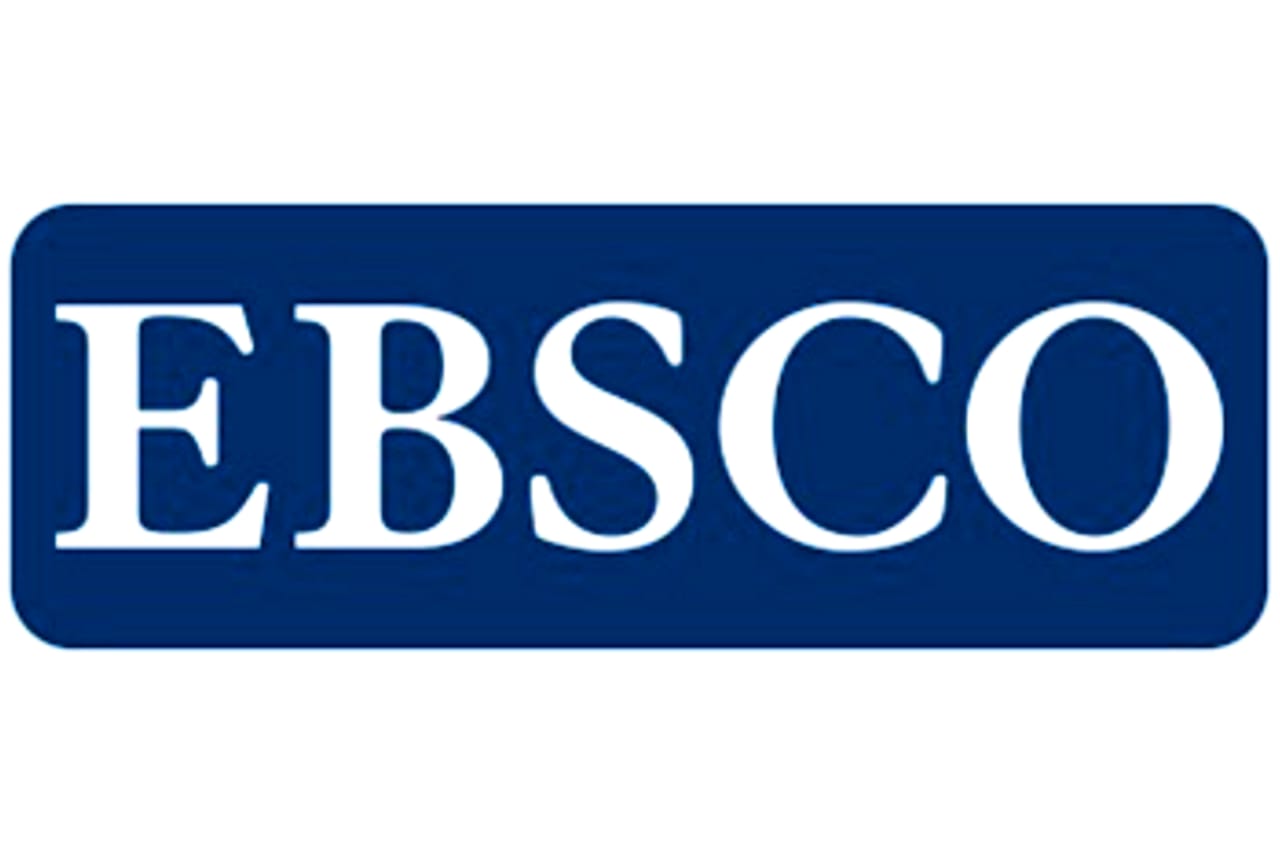LEADERSHIP AND CONNECTIVISM IN THE ACADEMIC ENVIRONMENT OF UNIVERSITIES
DOI:
https://doi.org/10.26577/CAJSH.2021.v8.i2.02Abstract
Abstract
The article is devoted to the consideration of the problems of educational leadership in the academic environment. The new trend is aimed at the connectivist development of the structure of interaction between members of the organization, which creates advantages for the development of new scientific and innovative products of the university. The aim of the research is to analyze management styles and leadership in higher education. On the basis of a questionnaire, a test survey and diagnostics of situational-personal orientations, personal qualities and management styles, as well as the conditions for the formation of leadership and leadership potentials of leaders of different levels of management of a national university were analyzed. Shown are effective management methods at different structural levels of the university and considered the possibilities for proactive actions, which are owned by the leaders of the leading university with further extension to other universities.
It has been established that implementation of the managerial leadership principle is an important element in improving the efficiency of managers' activities, therefore, effective management of the university and ensuring the quality of education in general. It is shown that the approach to stimulating effective management in Kazakhstani universities is underdeveloped. Along with this, it should be noted that development of the collective potential of leadership groups and educational leadership is limited. This all requires further discussion, deep analysis and appropriate measures.
Key words: leadership, leader, educational leadership, managerial leadership, higher education, university, academic environment.










